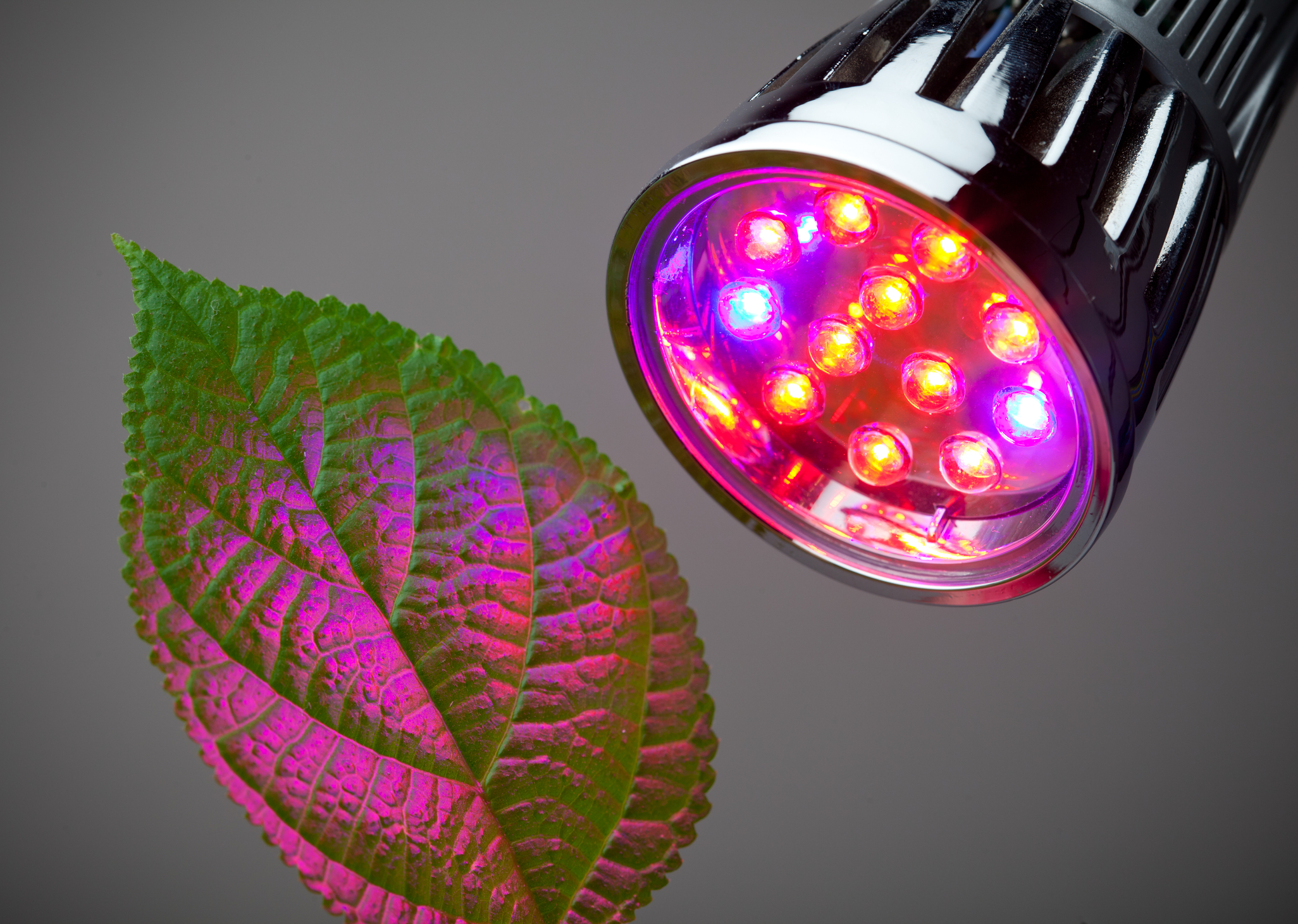Light-emitting diodes (LEDs) are a powerful light source typically used in visual light communications (VLC) systems. Traditional LEDs, however, are hard to break down and recycle. They contain a high volume of heavy metals, and as IoT deployments continue to grow, the environmental impact of LEDs becomes a bigger issue.
That’s why we were pleased to pass on new research from Newcastle University. The team there has been working on Organic LEDs (OLEDs), which are less expensive, easier to distribute, and eco-friendly. The main problem with OLEDs in the past has been poor data rates, but the team at Newcastle has made some progress in this area. They are working on an OLED that provides 2.2 Mbps, which is an ample data speed for many types of IoT sensors. They are using new information modulation techniques. We are excited to see how this research progresses, as it may play an important role in balancing technology and environmental sustainability.

